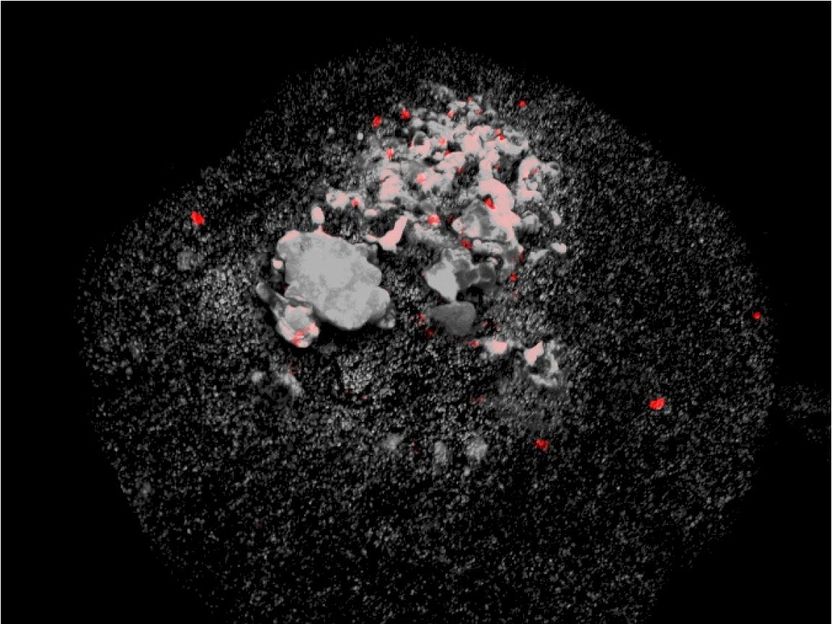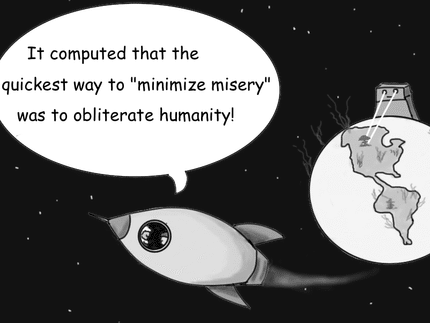A Change of Culture for Healthcare
Today the management of culture within healthcare is becoming more and more important. It is now viewed as a necessary part of the health system reform. In the United Kingdom, the National Health Service (NHS) reforms are based on the premise that any major cultural transformation of an organization must be secured alongside structural and procedural change, this in turn will deliver improvements in both quality and performance.
Culture change can be seen as a lever for performance improvements. The industry is well aware of the limitations of a managerial perspective. A new Committee of healthcare specialists believes that culture change within the industry must be targeted in one of two ways: Either their first objective is to ‘do what you do better’ or look towards qualitative growth. Both objectives will be discussed in the Next Generation Healthcare Committee will meet at the NGH Summit in Miami.
“Many commercial organizations maintain a competitive edge by pursuing a policy of cultural continuity’, they capitalize on the lessons, working practices and traditions that have worked for their company in the past, for this to work they focus on the growth or reproduction and repetition”
The second option is to look towards qualitative growth, this is a more appropriate option in a situation where the existing culture has become stale and a complete overhaul is required. This is also the position that the US healthcare system has found itself in.
“Second order change is often invoked in response to a growing crisis or deficiency in the existing culture, which cannot be addressed adequately by a change in culture but rather demands a fundamental change of culture. If politicians and management gurus are to be believed, health systems in many countries stand perennially on the threshold of such fundamental change.”
After seeing high profile reports in the US which have documented gross medical errors, policy thinking is embracing the notion of culture change as a key element of health system redesign. Jeff Rose – VP Clinical Excellence, Informatics, Ascension Health wishes to address the committee on the principles published as A Leadership Framework for Culture Change in Health Care. He believes it is key to outline the core elements, or ‘5 Cs' of culture change needed to move the US towards the adoption of new tools and processes in healthcare that enhance care quality and provider adoption in the interest of high reliability environments. It gives a simple and readily recalled set of principles by which the traditions and resistance of many healthcare organizations can be both led and managed by caregivers and executives so that expenditures on technology, information and evidence availability, collaborative processes and principles of high reliability human factors can speed our mutual journey to highest quality lowest cost medical practices in our rapidly changing world of technology, incentives and regulations.
Appeals for culture change in health systems have been a long time coming it is now key to draw upon a belief that culture is related to organizational performance. Are organizational cultures capable of being shaped by external manipulation? If so, what strategies are available to managers wishing to encourage an appropriate organizational culture?
Most read news
Other news from the department politics & laws

Get the life science industry in your inbox
By submitting this form you agree that LUMITOS AG will send you the newsletter(s) selected above by email. Your data will not be passed on to third parties. Your data will be stored and processed in accordance with our data protection regulations. LUMITOS may contact you by email for the purpose of advertising or market and opinion surveys. You can revoke your consent at any time without giving reasons to LUMITOS AG, Ernst-Augustin-Str. 2, 12489 Berlin, Germany or by e-mail at revoke@lumitos.com with effect for the future. In addition, each email contains a link to unsubscribe from the corresponding newsletter.
Most read news
More news from our other portals
Last viewed contents
Medicyte GmbH Benefits From Multi-Million Euro EU Grant VascuBone
Pneumonoultramicroscopicsilicovolcanoconiosis

Biofilms - an invisible threat to food safety - Hotspots for biofilms

Snake venom treatment investigated as antibiotic alternative for eye infections

















































